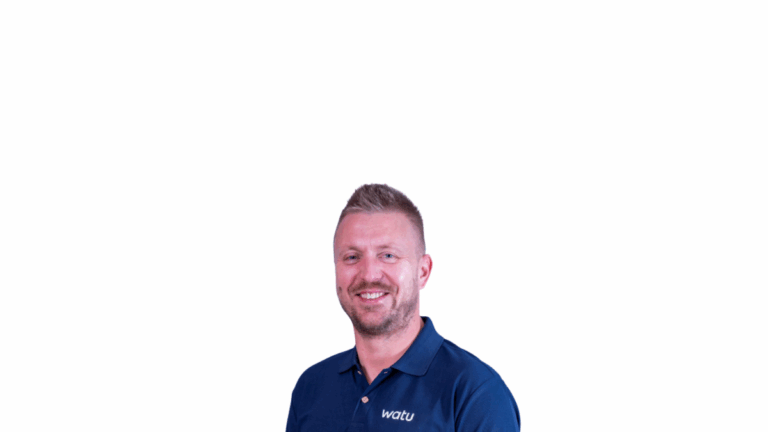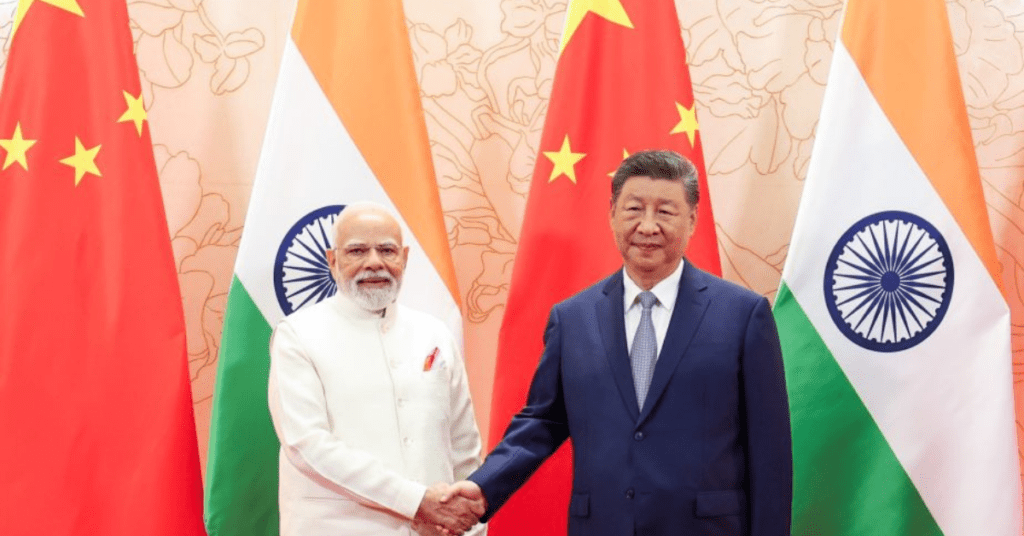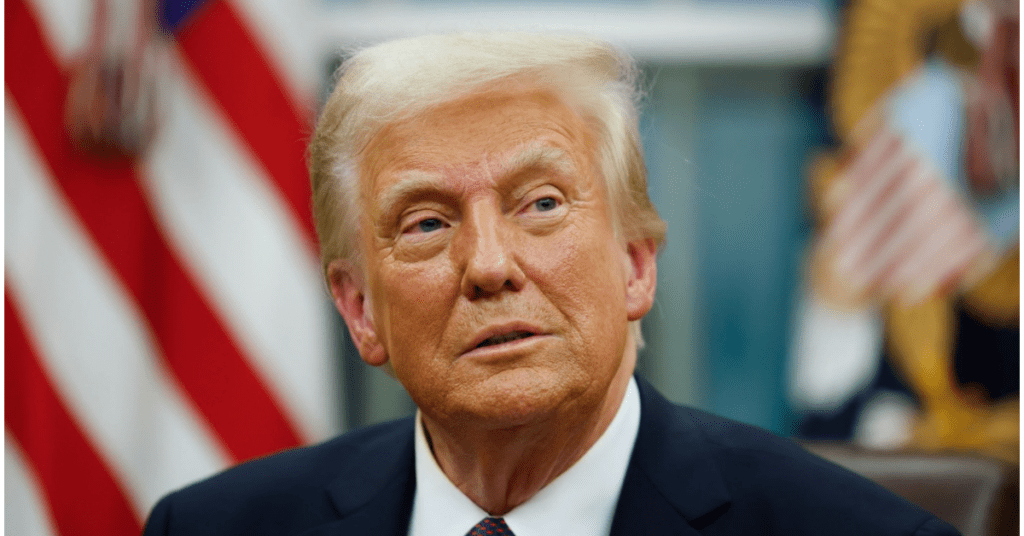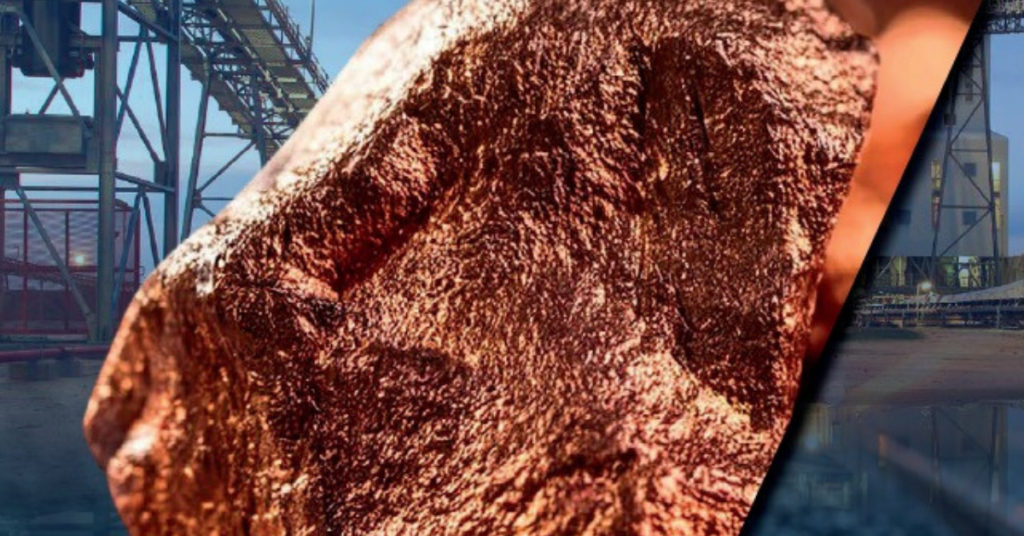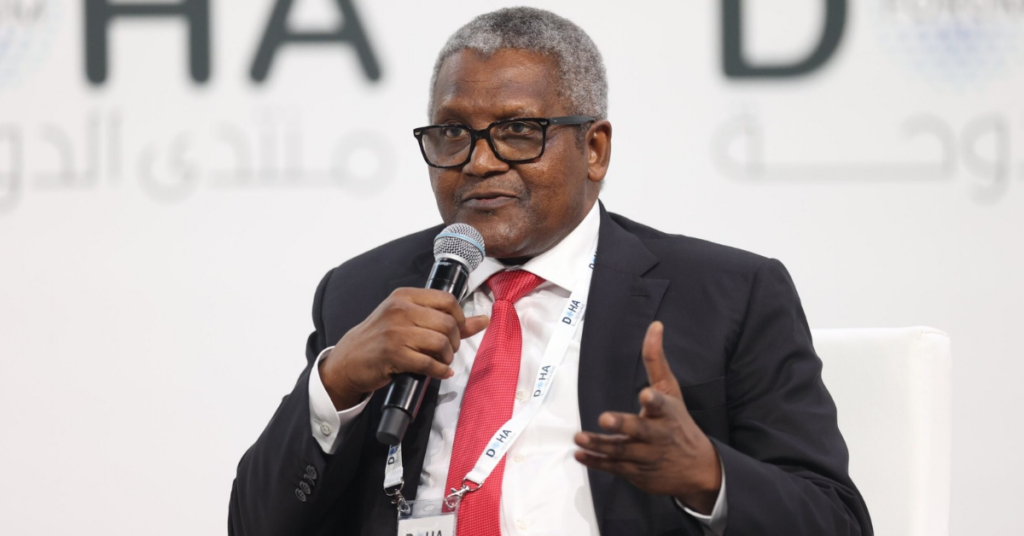The Gamble That Changed the Game. The AEW Story By Ajong Mbapndah L.
In 2021, when the African Energy Chamber (AEC) announced the inaugural African Energy Week (AEW) in Cape Town, skepticism was rife. Global consensus dictated that world-class energy summits belonged in Dubai, Houston, or London—not Africa.
But for NJ Ayuk, the AEC’s Executive Chairman, the idea was not only possible but essential. “Africa has the resources, the talent, and the vision to lead,” he declared, challenging a long-standing narrative that excluded Africa from shaping its own energy destiny.
What began as a leap of faith has since grown into the largest energy event on the continent, one that now moves billions in potential deals while reframing Africa’s place in the global energy landscape.

“They told us it couldn’t be done in Cape Town,” Ayuk recalls. “But with huge support from the City of Cape Town, the South African government, international oil companies, national oil companies, and even alternative energy firms, we proved Africa can host a world-class energy event. And we did it in the middle of a pandemic.”
The inaugural AEW was not just a conference—it was a declaration of sovereignty. Ministers from across Africa arrived with a unified message: Africa would not be sidelined in global debates on the energy transition. South Africa’s Minister of Mineral Resources and Energy, Gwede Mantashe, set the tone:
“Natural gas will be part of the transition, and yet we are told that all fossil fuels are bad. Africa must position its oil and gas at the forefront of global energy. When we commit to net zero, we do so with the reality that energy can guarantee economic growth and industrialisation.”
Deals were struck, partnerships formed, and a new platform for African energy diplomacy was born. By the time the first AEW closed, one thing was clear: this was no one-off experiment—it was the beginning of a movement.
Fast forward to 2025: AEW has matured into the continent’s premier energy gathering. This year’s edition—set for September 29 to October 3 in Cape Town—is projected to facilitate more than $25 billion in potential deals.
The statistics tell a powerful story:
• 23% growth in African energy sector capital expenditure in 2024, reaching $47 billion, with projections of $54 billion by 2030.
• $6 billion+ in exploration spending in 2024 alone.
• Rig demand forecast to rise to 46 rig years in 2025.
• Surging international interest in Africa’s natural gas reserves in Nigeria, Mozambique, Mauritania, Senegal, and Tanzania.
“Africa is not only rich with resources but with opportunities,” Ayuk says. “Gas will be central to electrifying Africa, driving socio-economic growth, and ensuring a just transition.”
Financing has been critical. The $5 billion Africa Energy Bank, spearheaded by APPO and Afreximbank, promises to bridge gaps left by retreating Western financiers. The $100 million China-Africa Energy Fund, backed by Tima Networks, is set to support both fossil and renewable projects. The U.S. Export-Import Bank’s $4.7 billion loan to Mozambique LNG further underscores global recognition of Africa’s potential.
“These are not abstract commitments—they’re real money, moving into real projects,” Ayuk emphasizes.
Beyond the numbers lies a deeper ideological fight. For Ayuk and the AEC, AEW is not just about deals and drilling—it’s about Africa’s right to determine its own energy future.
“Drill, baby drill. Invest, baby invest,” Ayuk has said at global forums from London to Riyadh. The deliberately provocative stance challenges what he views as paternalistic climate narratives from Western institutions.
Equatorial Guinea’s Minister of Mines and Hydrocarbons, Gabriel Mbaga Obiang Lima, captured this sentiment during AEW 2021:
“It is unfathomable that I will go to Houston or Dubai to discuss problems about electricity in Africa because they will not understand. Africa is the least polluter.”
This insistence on localizing Africa’s energy debate has become AEW’s DNA. The conference serves as both a marketplace and a diplomatic forum, where African ministers, CEOs, financiers, and innovators align strategies ahead of major summits like COP27 and COP28.
Political will is emerging as the continent’s “greatest renewable resource.” From Nigeria to Djibouti, governments are rolling out reforms to attract capital. As Ayuk puts it: “When leaders create enabling environments, investment follows.”
The 2025 edition of AEW will debut the National Oil Company and International Oil Company Forum, fostering joint ventures, technology transfers, and regional integration. Panels will spotlight innovative financing, introducing stakeholders to nontraditional capital flows and success case studies.
But AEW is more than deal-making. It has become a networking powerhouse—with energy ministers, entrepreneurs, and global investors forging connections in Cape Town’s corridors and boardrooms.
The stakes, however, remain high. “Making energy poverty history by 2030 is not just a slogan; it’s a necessity,” Ayuk warns. Without affordable, reliable energy, Africa risks missing its industrialization targets.
To keep momentum, the AEC is also expanding its international footprint, with high-profile events scheduled in Suriname, London, Saudi Arabia, Brazil, the DRC, and China in 2025. Each serves as a platform to reframe Africa’s narrative and win new allies.
What began as a gamble in 2021 has transformed into a continental movement. AEW is no longer just an event—it is the epicenter of Africa’s energy transformation, blending oil, gas, renewables, hydrogen, and carbon capture into a distinctly African model.
“We are not just talking about fossil fuels,” Ayuk reminds critics. “We’re embracing renewables and innovative technologies that will power our future. But we’re doing it the African way—on our terms, with our resources, for our people.”
From doubt to dominance, AEW’s story is proof that when Africa bets on itself, it can not only change the game but also set new rules for the global energy order.
